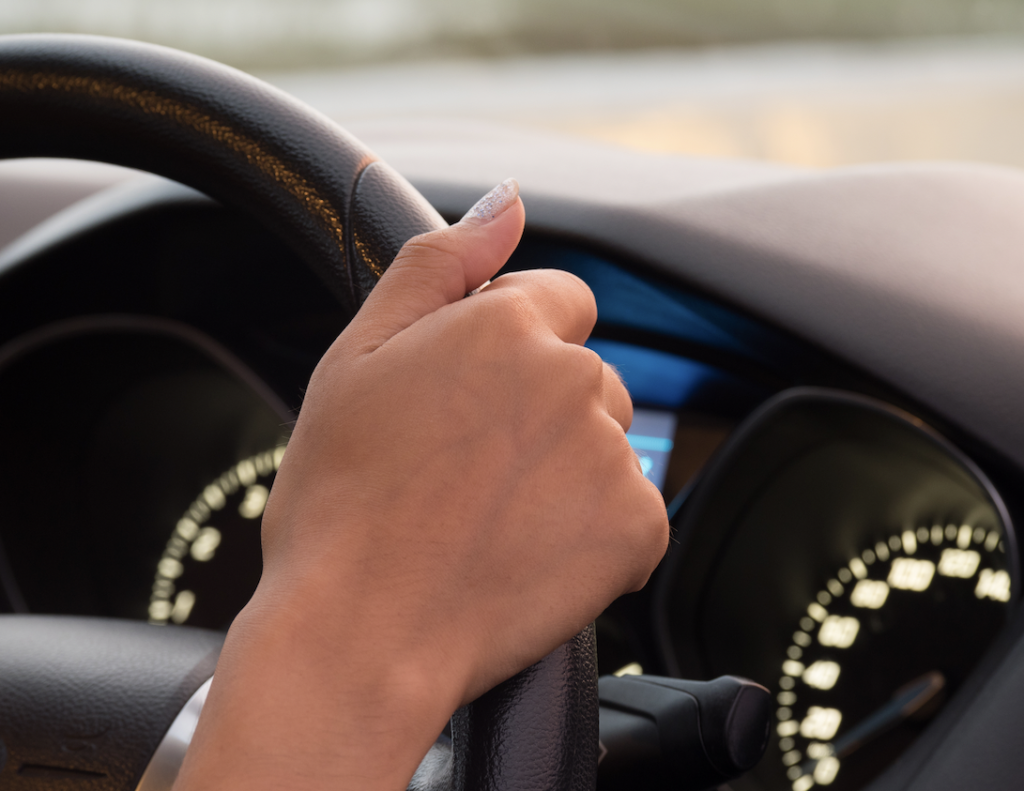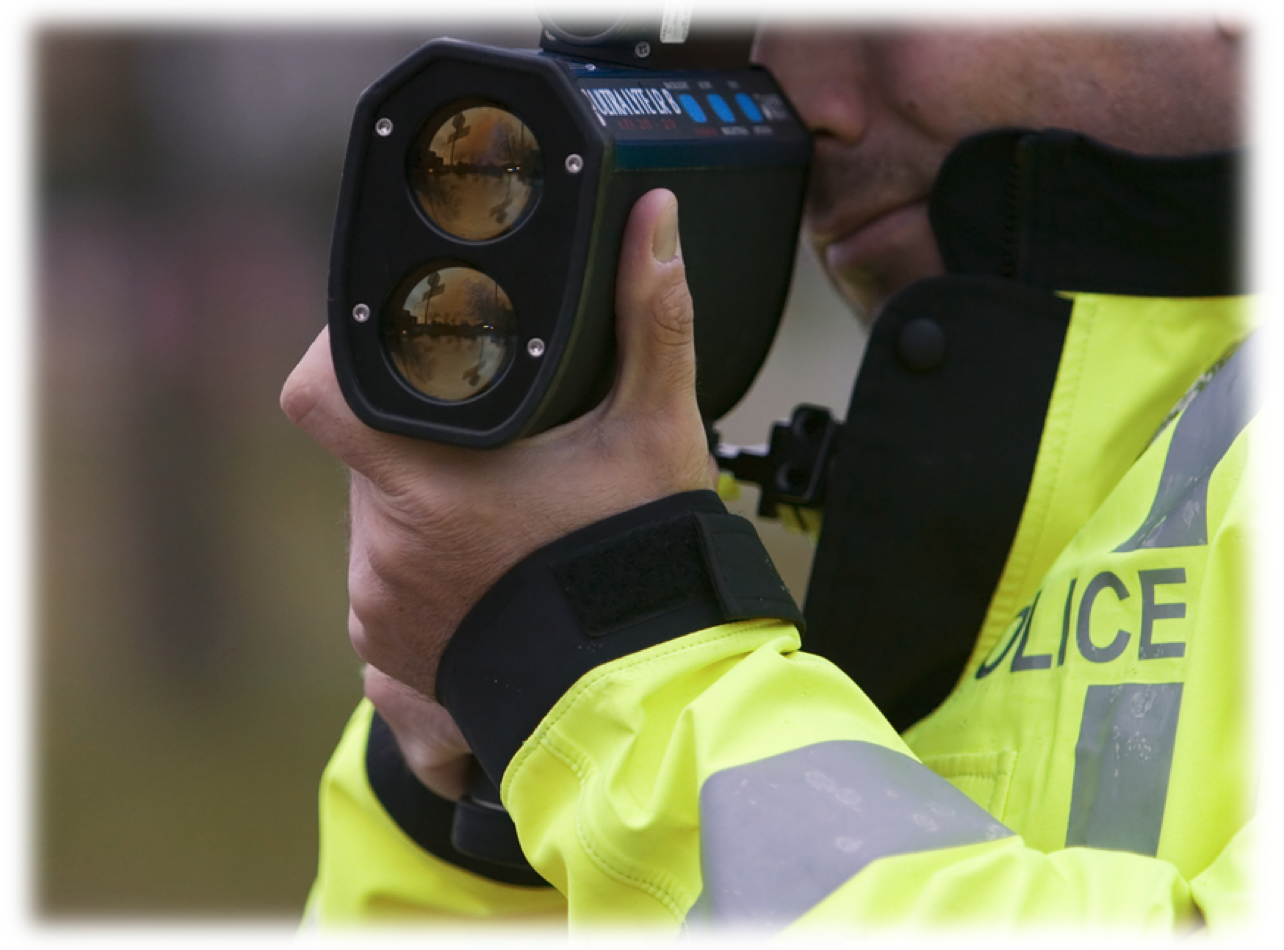The main reason for having a speed limit tolerance is that drivers can slow down safely without having their vision fixed on the speedometer rather than the road, combined with any inaccuracies with the vehicle’s speedo.
Certain speed cameras will have small tolerances, meaning you could be slightly over the speed limit before you are landed with a fine. The MET (London Metropolitan Police) have now reduced their tolerances, which could mean that more drivers are being caught unaware. Of course, the speed limit should be adhered to at all times, but knowing that there could be a tolerance of a few mph, many drivers would risk it, and the tolerance is no excuse for breaking the speed limits set.
The tolerance of mph is not the only thing that is confusing when it comes to speed cameras. Most drivers believe that they will see a camera flash if they have tripped the speed limit, but this is no longer true, as the newer cameras will have infrared technology, so you could be shocked when a speed fine lands on your doorstep.
Learn more about our Pre-Court advanced driving courses.
Speed camera tolerances
Even though you must adhere to all speed limits at all times, many Police forces have some tolerance for their speed cameras. For those that do, the tolerance is sometimes 10% over plus 2 mph. Please note – this does vary from Police force to Police force across the UK.
A few examples of how tolerance can work; in a limit of 70 mph, + 10% tolerance can mean you could be travelling at 79 mph before you get a fine, the same in a 30 mph limit, you could drive 35 mph before getting a fine.
Below are the results of a recent survey from 45 Police forces across the UK that have released their data.
10% + 2 mph over
Avon and Somerset, Cheshire, Cleveland, Derbyshire, Devon and Cornwall, Durham, Gwent, Hampshire, Kent, Lancashire, Leicestershire, Merseyside, Metropolitan Police (TFL), Norfolk, North Wales, Northumbria, Northern Ireland, South Wales, South Yorkshire, Suffolk, Thames Valley, Warwickshire, West Mercia, and West Yorkshire.

Counties not revealing threshold limits
Bedfordshire, Cambridgeshire, Essex, Greater Manchester, Hertfordshire, Nottinghamshire, Scotland, Staffordshire, and the West Midlands.
Many counties above border each other, so it’s important to know that speed tolerances differ between them and where you could be driving just over the speed limit on the same road, in one county, you could be fined, and in another county, you may not be.
Average speed cameras
Average speed cameras work slightly differently from fixed and mobile speed cameras. Your speed is monitored over a few miles instead of the immediate speed you are doing when crossing a fixed camera. Average-speed cameras are more accurate and may not carry any tolerances at all.
Mobile speed cameras
Mobile speed cameras have a range of up to two miles on a straight road, and the technology will also impact the overall range of the mobile camera.
Fixed speed cameras
Fixed speed cameras are placed in areas that are particularly known for speed breaches and dangerous roads; they will catch drivers within the marked lines on the road if they are above the speed limit. It is also worth knowing that some fixed-speed cameras will also have noise level sensors, and you could also find yourself in trouble if you have a particularly noisy exhaust or engine.
The consequences of hitting a speed camera
The Association of Chief Police Officers (ACPO) may allow a 10%+ 2 mph speed tolerance before taking action, but depending on the speed level, you could receive any of the following actions.
You could be offered to attend a speed awareness course – these are classroom-based courses and are taken with your local police force or shire halls. By taking a speed awareness course, you could avoid points on your licence and a fine, although you will have to pay for the course. They are priced between £80 and £100, but each county will have its own pricing.
You could get a general fine through the post, which will likely result in points on your licence. You need to return the form to agree or disagree with the fine. If you agree, it is quite simple: you return the form, send off your licence to the DVLA, and pay the fine. These fines are now based on your weekly income, so the more you earn, the more you will pay for speeding. If you disagree, you will have to provide evidence that it is not you that was driving, or it is not your car. This can take a while to be settled.
You could get points on your licence – if you get points on your licence, it is important to know that once you reach 12 points, it will result in a driving ban and possibly a court appearance.
You could get a driving suspension – if you are facing points, that will mean you are over 12 points or if caught speeding over 100 mph, you could receive a complete driving ban where you will be unable to drive for a period of time. This will not only disrupt your daily travel arrangements, but it can also increase your car insurance premiums for the future.
At the end of the day, speed limits are the legal limits, and tolerance may not be a way to wriggle out of points or a fine. Just 1 mph over the limit is a chargeable offence.
How long will a speed ticket take to arrive
If you are unlucky and caught speeding by a camera, you will usually receive notice of intended prosecution (NIP) within about 14 days of the offence. The Police force issues this from the jurisdiction you were caught and sent to the car’s registered owner. This will mean that even if you were not driving, you would be the person receiving the NIP. You must then provide evidence of the driver. It is an offence to take points if you were not the driver causing the notice.
Speeding penalties and car insurance
If you do not declare your speeding penalties to your insurers, you could find that your claim will be void. If you have an accident, they will access your licence via DVLA, this can not only have the claim voided, but you could also find your insurance policy cancelled. It is vital to keep your insurers fully aware of any licence penalties.
Pre-Court driving course (Facing a driving ban?)
We have a number of clients who are due in court on a motoring charge, often through topping up points who take an advanced driving course with us. While there is absolutely no guarantee taking such a course will help avoid a ban, we have noticed many doing so have avoided a ban totally and/or had a substantial reduction in a fine. You can learn more about this course here.


